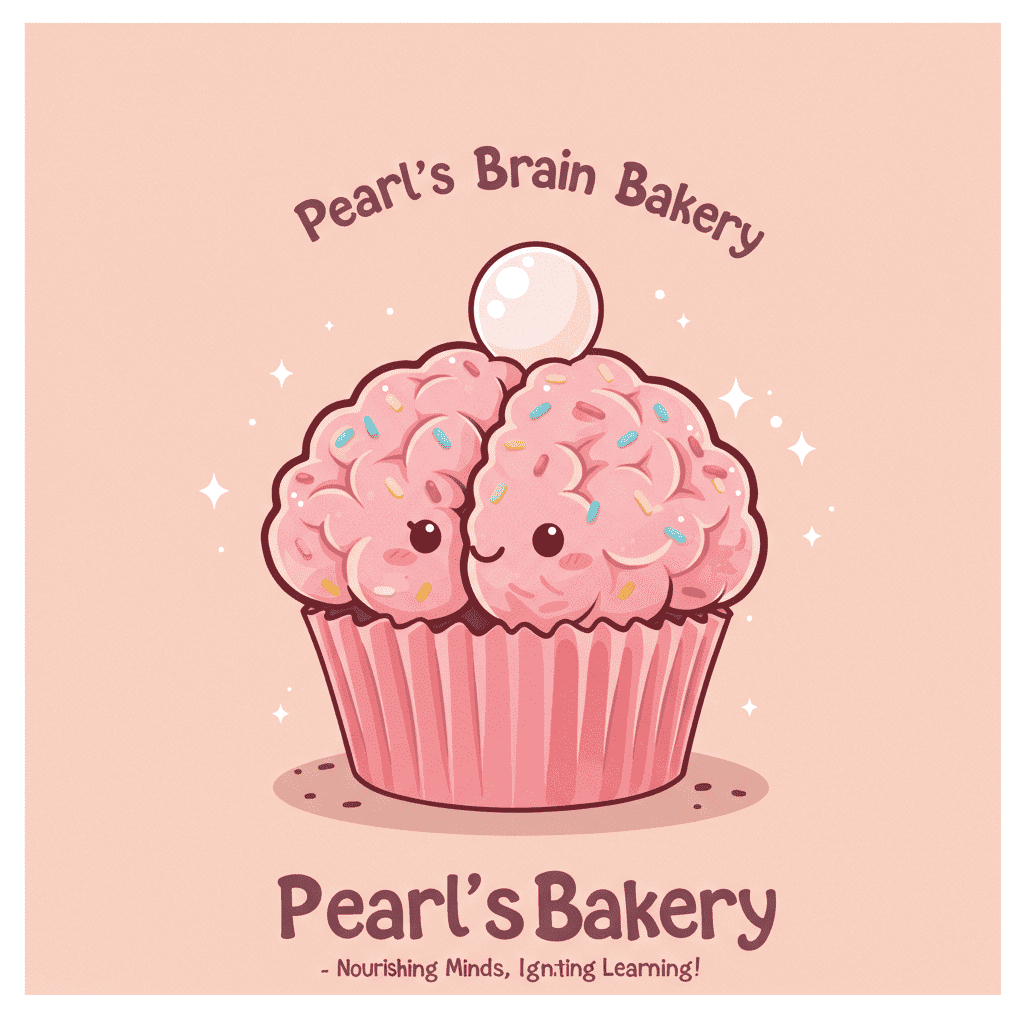That cry, often whispered in the quiet of our own minds, is universal. Whether you’re a new teacher stepping into your first classroom, a new parent bringing home a newborn, a new leader taking the helm, or simply starting a new job, the feeling of being “new” can be a disorienting mix of excitement, overwhelm, and a desperate plea for a roadmap.
The good news? This feeling is completely normal. Every single person who is now a seasoned expert was once “new.” And the even better news? There’s a lot you can do to navigate this period with grace, effectiveness, and a much-needed dose of self-compassion.
Here’s your starter guide when you’re feeling lost in a new world:
1. Master the Art of Observation and Listening
Your first few days, weeks, or even months are not about making grand statements or implementing sweeping changes. They are about absorbing.
• Listen More Than You Talk: Pay attention to conversations, team dynamics, unspoken rules, and the language used.
• Observe Routines: How do things flow? What’s the rhythm of the day, week, or organization?
• Read Everything You Can: Internal documents, past reports, relevant policies, shared resources. The more context you gather, the faster you’ll learn.
2. Embrace the Power of Asking Questions (Strategically!)
“I don’t know” is your superpower right now. Use it wisely.
• Try to Find the Answer First: Before asking, do a quick check of resources you have (e.g., intranet, manuals, notes). This shows initiative.
• Identify Your Go-To People: Find one or two trusted, approachable colleagues or a designated mentor. They are your lifeline for common queries.
• Batch Your Questions: If possible, save up a few non-urgent questions for a dedicated check-in rather than interrupting constantly.
• “Why?” Is Powerful: Don’t just ask “what do I do?” Ask “Why do we do it this way?” Understanding the rationale helps you learn more deeply.
3. Build Your Network, One Connection at a Time
Relationships are the bedrock of navigating any new environment.
• Introduce Yourself: Make an effort to meet everyone you’ll be working closely with. Learn their names and roles.
• Offer Help: Even when you’re new, look for small ways to assist. “Can I grab you a coffee while I’m getting mine?” or “Is there anything simple I can help with?”
• Listen to Stories: People often share valuable context and history through informal conversations.
• Find Your Allies: Identify who you can learn from, who shares your values, and who might become a supportive peer.
4. Focus on Small Wins and the Basics
Don’t expect to conquer the world on day one.
• Master the Fundamentals: Learn the essential tasks, processes, and tools required for your immediate role.
• Prioritize Learning: For a period, your main “job” is to learn. Give yourself permission for this.
• Celebrate Small Victories: Successfully navigating the coffee machine, correctly filling out a form, understanding a new acronym – these are all wins!
5. Document Everything
Your future self will thank you.
• Take Notes: Keep a dedicated notebook or digital document for processes, names, key information, and answers to your questions.
• Create Your Own “How-To” Guide: As you learn a new process, jot down the steps for future reference. This also helps solidify your understanding.
6. Be Patient and Kind to Yourself
This is perhaps the most crucial advice.
• The Learning Curve is Real: It takes time to feel comfortable and competent in a new role. Expect a curve, not a straight line.
• Mistakes Will Happen: You will make errors. Learn from them, apologize if necessary, and move on. Don’t let them derail you.
• Manage Your Energy: Being new is exhausting. Ensure you’re getting enough rest, eating well, and protecting your personal time.
What NOT to Do (Just as Important!):
• Don’t Isolate Yourself: Reach out, even when it feels uncomfortable.
• Don’t Pretend to Know Everything: It’s okay to admit you’re new and learning. Authenticity builds trust.
• Don’t Make Sweeping Judgments or Immediate Changes: Observe, understand, and build credibility before suggesting major shifts.
• Don’t Engage in Gossip: It poisons the well and will damage your reputation.
Being “new” is a temporary state, a unique chapter in your journey. Embrace the learning, lean on support, and remember that every expert started exactly where you are now. You’ve got this!
Key baker,
Dr. P
